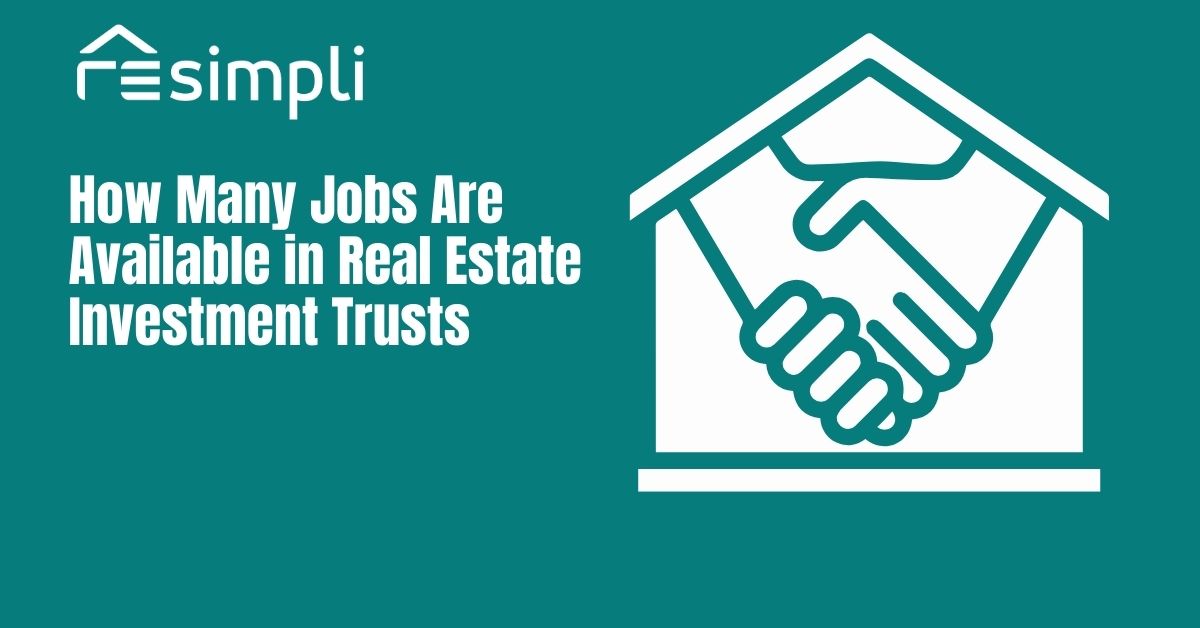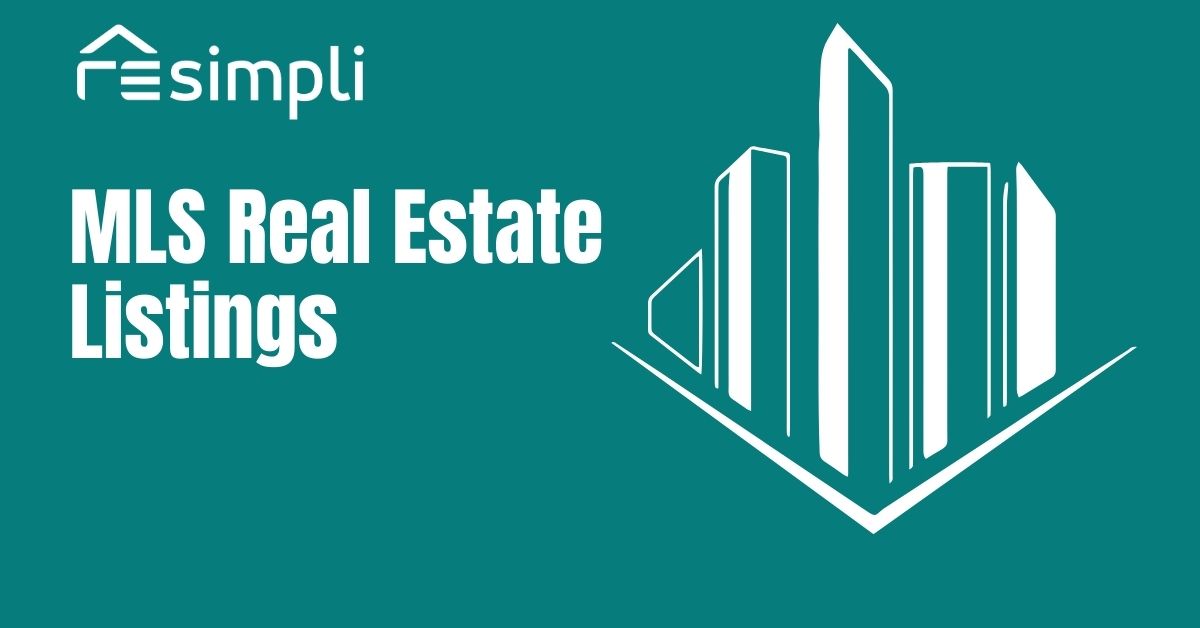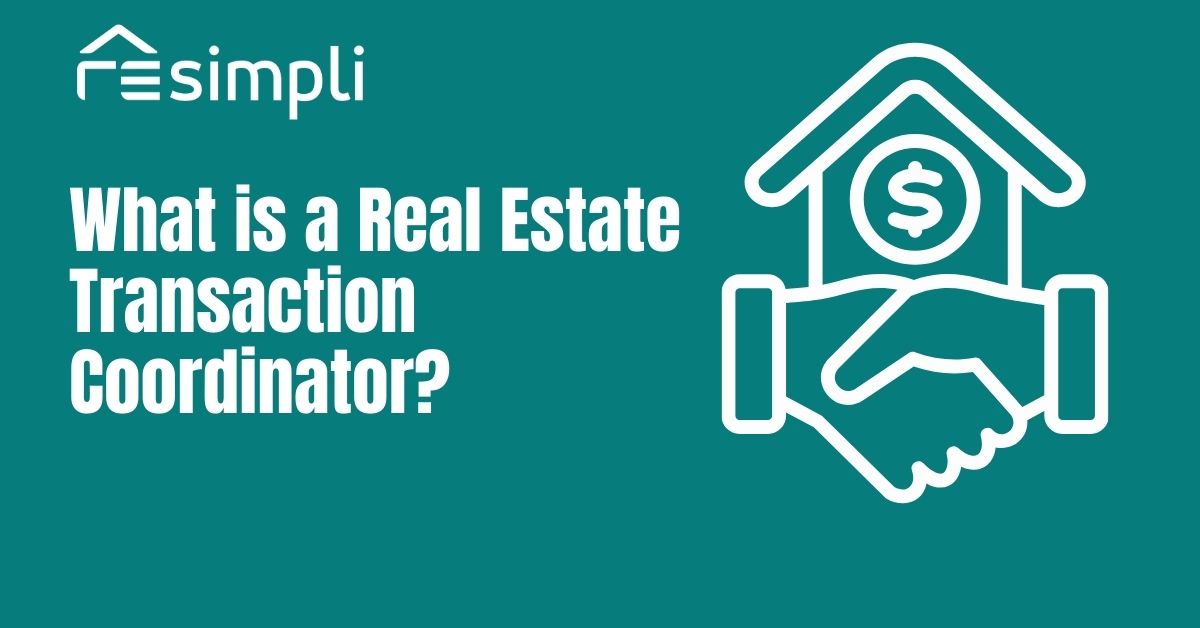Most borrowers fixate on interest rates and loan-to-value (LTV) ratios. They matter of course, but they’re just the tip of the proverbial iceberg.
As you explore your financing options and compare costs, go beyond interest rates and LTVs to ask the following questions.
Are there any discounts or credits available in this area?
To combat blight and encourage investment, some government programs offer credits toward closing costs or other discounts and benefits to buy properties in Census tracts designated as low-income areas.
These programs aren’t well publicized, so most people aren’t aware of them. Ask your lender about available discounts or programs that reduce the cost of buying or borrowing for different target markets or properties you’re considering.
What LTV can I expect for this property type in this area?
Loan-to-value ratios vary not just by your creditworthiness but also by the type of property (such as single-family versus small multifamily versus apartment buildings with five or more units). The LTV may also vary by the market as well, and of course it depends on whether you’re borrowing a conventional, hard money, or portfolio loan.
Don’t assume that LTV stays standard across every property or market you look at. Double check it with the lender.
How many points should I expect at different LTVs?
Lenders charge based on risk. The lower the LTV on the loan, the lower the risk for the lender.
Which means lenders charge less for lower-LTV loans.
As a general rule, expect to pay one to one and a half fewer points when you put down at least 20-25%. And a lower LTV can also reduce your interest rate, so ask about rates too.
Does the loan carry a prepayment penalty?
While hard money loans almost never come with prepayment penalties, portfolio loans and some conventional loans do charge them.
Ask about the terms of any prepayment penalties. They often come in the form of a stepdown fee, such as 3% for paying off the loan within one year, 2% for paying it off within two years, and 1% for paying it off within three years.
Can I use the appraisal I already ordered?
Conventional lenders tend to be rigid about using “their” approved appraiser. But some portfolio lenders are more flexible, and may accept an appraisal you already paid for, especially if they know and trust the appraisal agency.
It doesn’t hurt to ask, and if you end up working closely with a single lender, you could always start using their appraiser to assess properties before starting the loan process.
Do you report on my personal credit history?
As a general rule, hard money lenders and portfolio lenders don’t report on your personal credit, while conventional lenders do.
But don’t assume — ask.
Are there any limits on the number of mortgages I can have?
Conventional loan programs typically set a limit on the number of mortgages that can appear on your credit report. Most conforming loan programs allow up to four, although some allow up to ten.
Regardless, these programs set a ceiling for how many bank loans you can borrow. At a certain point, conventional loans no longer serve you as a real estate investor.
Do you offer any renovation-perm loans?
The BRRRR strategy (buy, renovate, rent, refinance, repeat) comes with a significant downside: you pay two sets of closing costs within months of each other.
But what if you didn’t have to refinance? Some local community banks and portfolio lenders still offer “construction-perm” or “renovation-perm” loans that come with two phases. You pay higher interest during the initial purchase and rehab phase, then once you secure your use and occupancy permit and rent out the property, the loan resets to a long-term, lower-interest permanent mortgage.
All without you coughing up thousands more dollars in lender, legal, and title closing costs.
Do you allow the down payment to be borrowed elsewhere?
Conventional loan programs typically don’t allow you to borrow the down payment. The standard loan application form asks if any part of the down payment is borrowed, and the lender asks to see bank statements proving you have the money. If the money was just deposited within the last few months, they’ll ask for documentation about where it came from.
Hard money lenders and portfolio lenders don’t necessarily care where the down payment comes from, as long as it’s not from them.
But again, don’t assume. Ask your lender about it before getting creative with your financing.
Do you offer blanket loans?
Some lenders offer loans against multiple properties. That could prove useful when you go to refinance multiple properties at once, perhaps those with strong equity but high-interest financing.
It also means paying one set of closing costs instead of many.
And lenders who do issue blanket loans might work with you on cross-collateralizing your existing properties with new purchases.
Can you finance 100% of the purchase price with a second collateral property?
Imagine you find an outstanding deal on a property — but you’re tapped out financially and don’t have the cash for a down payment and closing costs.
Yet you do have an existing property with enormous equity in it.
So, you offer a second lien against your existing property, as additional collateral for the lender. In return, they fund 100% of your acquisition costs.
You buy your property with 100% financing, they get security in the form of ample collateral. Everyone wins.
Do you allow loans to be assumed?
In today’s world, every investor wants to buy properties subject to the existing mortgage, given how low rates were just a few years ago compared to today. As a buyer, that could make the difference between a deal cash flowing or not, so ask the seller (and potentially their lender) about it.
But you could also lay the groundwork for smoothing future sales of your rental properties by asking your own lender about assumable mortgages. Buyers today pay a premium for properties if they can assume a low-interest loan. By dangling the carrot of an assumable mortgage when you go to sell your rental property in a few years, you could attract more buyers and a higher sales price.
Final Thoughts
Financing terms can make or break a real estate deal.
Don’t get too calcified in your approach to financing properties. Constantly explore new creative financing strategies. Aim to build out an extensive “financing toolkit” of many different options to fund deals.
Perhaps most of all, keep networking with lenders. Big lenders, small lenders, local lenders, nationwide lenders, conventional and hard money and portfolio lenders — build relationships with as many as you can. One might turn you down for their own reasons, but when you have a dozen more up your sleeve, you’ll always have funding available to buy great deals.



